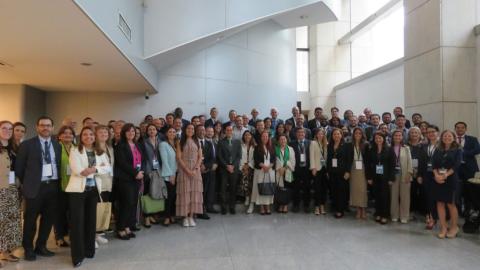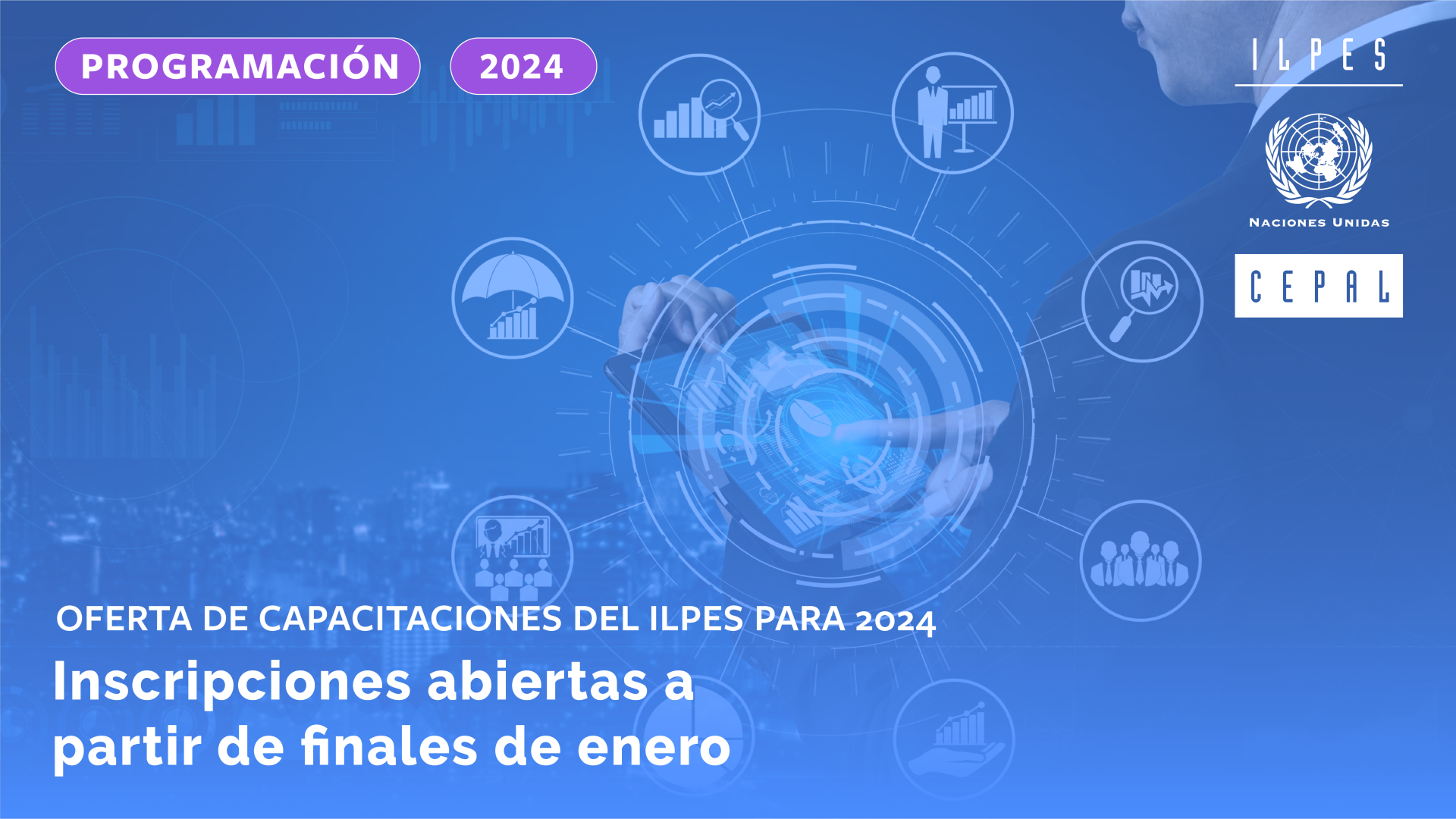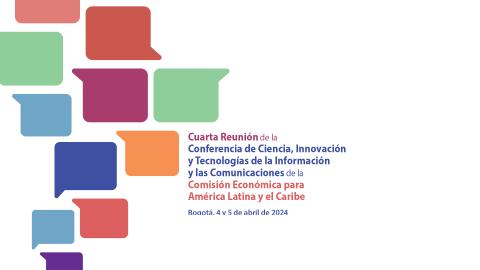Noticias
Descripción
I. BACKGROUND INFORMATION
The significant need for governments in the region to streamline, optimize, make transparent and reduce the costs of public system processes and activities has led to the accelerated and substantial use of Information Technologies (IT). This shift aims to develop increasingly complex applications supported by dedicated architectures, specifically designed to work optimally by integrating systems, utilizing the best management tools, and developing models tailored to government needs. The goal is to create compatible platforms that address issues such as interoperability, compatibility, access, and security.
In the late 1990s and early 2000s, the focus was on Electronic Government, characterized by the implementation of public institution websites, the use of information systems for process management, and the initial provision of online services.
From the second half of the 2000s, the discourse shifted to Open Government, characterized by the use of collaborative web 2.0 technologies, increased citizen participation, collaboration, transparency, and bilateral interactions between the government and the public.
Subsequently, innovations enhanced by technologies in the public sector have led to what is now known as Smart Government. This concept leverages open data, big data, data science, and technologies like the Internet of Things (IoT) and artificial intelligence (AI) to deliver services and develop evidence-based public policies. These innovations enable administrative and business processes to “think” and support decision-making based on data, allowing the state to provide predictive and proactive services to citizens.
The achievements from these implementations aim to achieve digital government transformation, a government focused on its citizens, adapting to their needs and expectations, as well as those of businesses, civil society, and other stakeholders. This transformation seeks to create personalized, interactive, simple, and accessible relationships.
Therefore, from the implementation of digital government with a view toward transitioning to smart government, understanding that this is not a linear evolutionary process, the aim is to build inclusive and accountable public institutions that support the formulation of evidence-based public policies and data-driven service delivery, in pursuit of sustainable development goals
COURSE OBJECTIVES
General objective The general aim of the course is to enhance participants’ capacities in providing solutions to the needs of citizens, organizations, and the challenges of future crises, for example those linked to climate change, through Digital Government. The course also focuses on incorporating new knowledge to advance evidence-based decision making and data-driven policies to create public value and aiming to build a path towards a resilient Smart Government in the Caribbean subregion.
Specific objectives
- To provide participants with an overview of the concepts, elements, conditions, benefits, and impacts of Digital Government on the path to Smart Government.
- To equip participants with the necessary skills for designing and implementing digitalization projects or programs in priority areas of service delivery.
- To enhance participants’ abilities to manage information technologies which facilitate the transformation of processes that have a high impact on the citizens.
- To equip participants with the basic technical knowledge for the integration and utilization of data.
- To strengthen the abilities of participants to manage innovative technologies and their technical language to enable them to better communicate with the technical entities within their organizations
APPLICATIONS
Those interested in applying for the course should complete an online registration form available at the following link: https://forms.office.com/e/sR0zA7trFA
Applications will be accepted until Monday, September 2nd, 2024. Submissions received after this date will not be considered in the selection process. Between September 3rd and 6th, 2024, those selected will receive confirmation of acceptance to the course via email from the selection committee. Recipients of this email must confirm their participation in the course by Friday, September 13th, 2024.
Failure to confirm participation will result in the inclusion of additional applicants who meet the criteria for the course.



